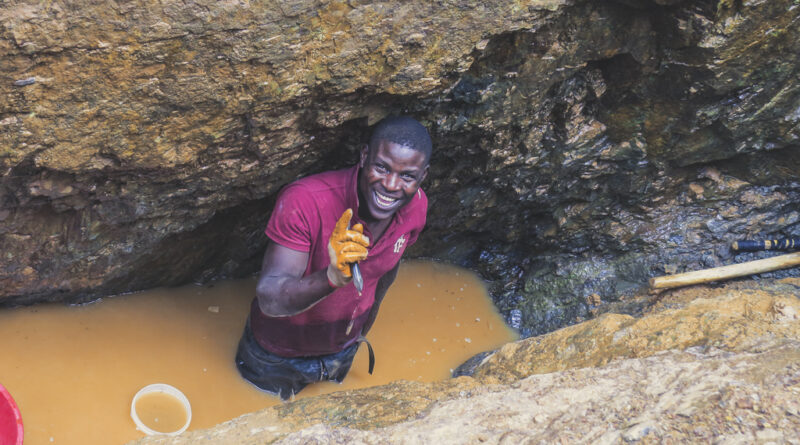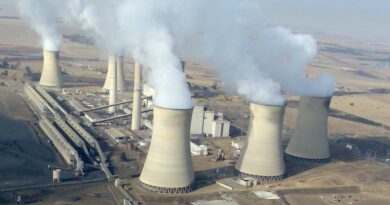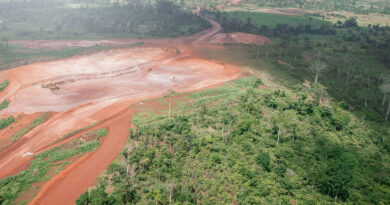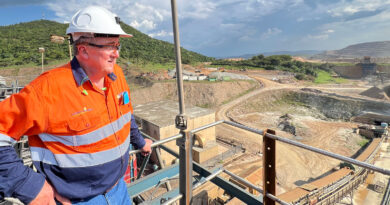Roskill expresses concern over cobalt sourcing
The cobalt sector has come under increased scrutiny due to supply chain concerns, and allegations of child labour at mine sites, high carbon emissions, and bribery and corruption accusations. Due to its criticality within the EV sector, an industry promoting itself on sustainability issues, the cobalt sector will need to address these concerns to appease OEMs and their consumers.
Using a bottom-up approach, and mapping the supply of cobalt from extraction through to the production of refined product, Roskill has been able to assess the energy consumption and carbon emissions of producing refined cobalt and outline the fuels consumed within their supply chains. Roskill expects carbon emissions from cobalt to double to nearly 3 million tonnes by 2030, driven by demand from the EV sector.
DRC and Zambian-based operations are among the lowest CO2 intensity producers, aided by their high use of hydropower.
Laterite-mining producers, with their heavy reliance on on-site fossil fuel power supplies, are among the highest CO2 intense producers.
Production of refined cobalt, where capacity is currently centred on fossil-fuel dependent Asian manufacturing plants, is the most carbon-intense stage within the supply chain.
With a continued reliance on refining capacity abroad, producers will be forced to depend on CO2-heavy shipping routes and refining centres. With little ability to lower their “true” carbon footprints, direct emissions from mining ore, transporting feedstocks, and refining cobalt, Roskill expects to see more operations purchase carbon credits as a way of reducing their net carbon emissions. However, while carbon credits (emissions trading schemes) are a useful tool to promote more sustainable initiatives, they make no impact on reducing an operation’s total emitted CO2.




